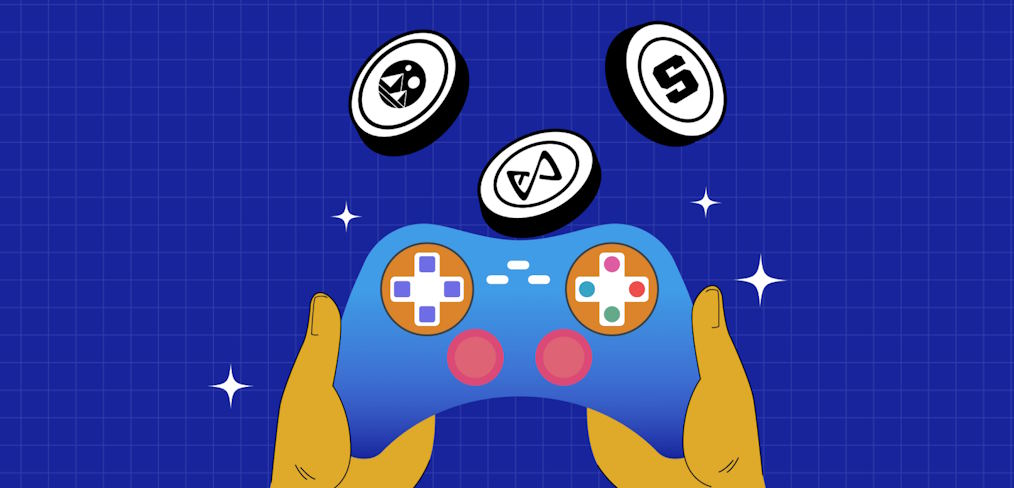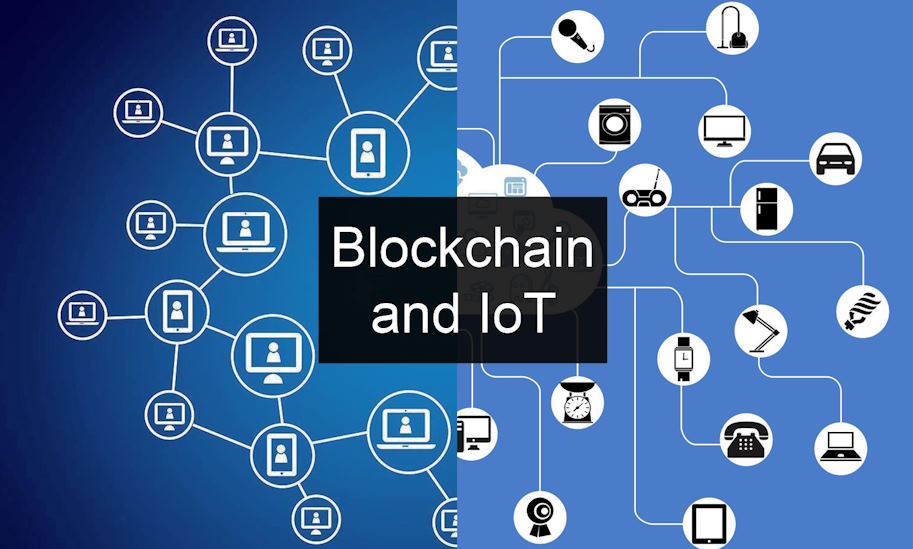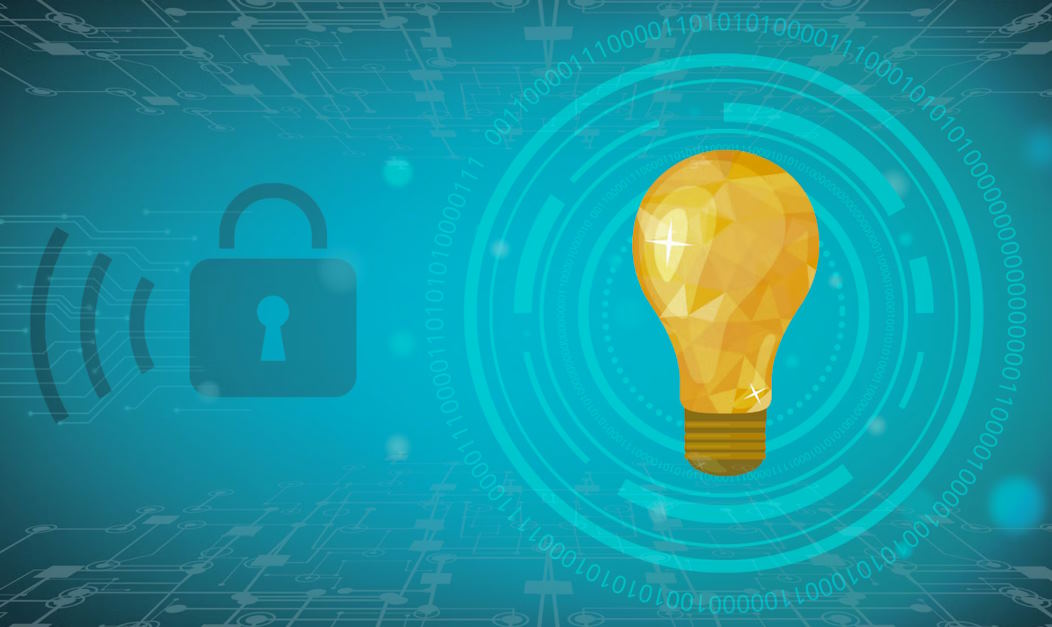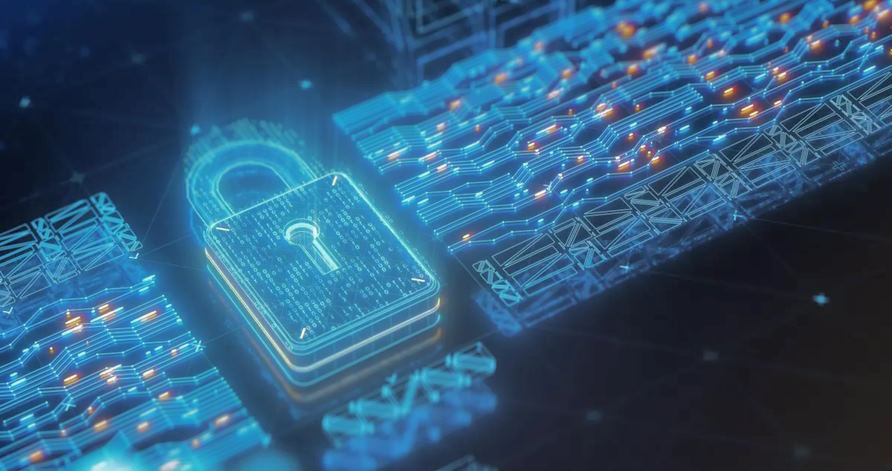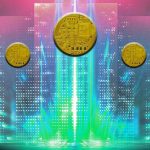The world of gaming has undergone a remarkable evolution, transitioning from solitary pixelated pursuits to immersive digital universes that connect millions of players across the globe. As the gaming landscape continues to expand, so too does the complexity of in-game economies and the concept of virtual ownership. The rise of in-game assets, from rare skins to legendary weapons, has introduced a new dimension to the gaming experience, yet it has also unveiled a significant challenge – the lack of true ownership. Enter blockchain technology, a revolutionary innovation that has the potential to empower gamers with unprecedented control over their virtual possessions.
Blockchain’s Role in Enabling True Ownership
Addressing Ownership Challenges
Blockchain technology tackles the longstanding predicament of in-game asset ownership head-on. By decentralizing control and introducing transparency, blockchain empowers players with verifiable ownership rights. The decentralized nature of blockchain eliminates the centralized control that game developers traditionally held over virtual items, allowing players to truly possess and trade them as they see fit.
Impact of Smart Contracts
Smart contracts, self-executing code residing on the blockchain, revolutionize in-game asset ownership dynamics. These contracts automate ownership transfers, ensuring that when conditions are met (e.g., a trade is agreed upon), ownership changes hands automatically. This innovation eradicates intermediaries, reduces fraud risks, and guarantees that asset transfers adhere to predefined rules.
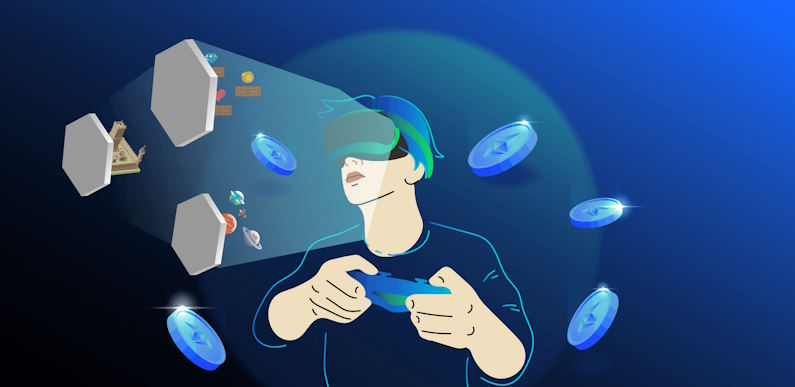
Showcase of Blockchain-Based Games
Blockchain-based games like CryptoKitties, Decentraland, and Axie Infinity exemplify the potential of this technology. CryptoKitties’ unique, tradable digital cats, Decentraland’s virtual real estate, and Axie Infinity’s play-to-earn model have captured both players’ imaginations and significant market value, showcasing blockchain’s transformative impact on gaming.
Tokenization’s Benefits
Tokenization of in-game assets involves representing them as digital tokens on the blockchain. This fractional ownership allows players to buy, sell, or trade portions of an item, enhancing liquidity and democratizing participation. Tokenization ensures that value is retained even when transitioning between games or platforms, fostering a new level of player-driven economy.
Advantages of Blockchain for Gamers and Developers
Empowering Players with Ownership and Control
Blockchain technology introduces a paradigm shift by giving players undeniable ownership and control over their in-game assets. No longer subject to the whims of centralized authorities, gamers can trade, sell, and use their virtual items with real autonomy, fostering a sense of true ownership that enhances their gaming experience.
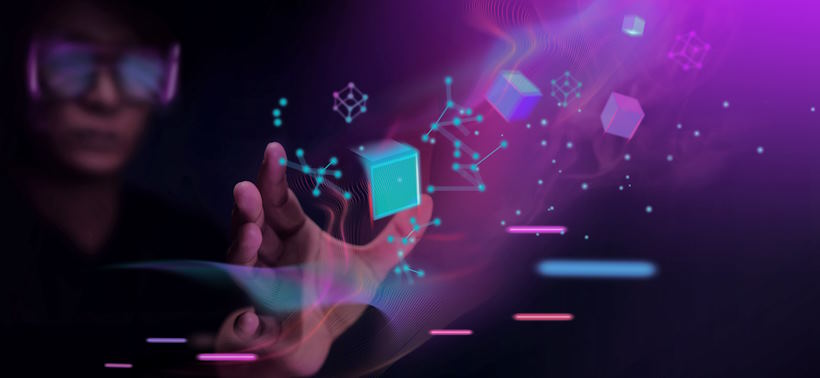
Redefining Digital Scarcity and Rarity
Blockchain revolutionizes the concept of digital scarcity in gaming. With limited supply coded directly into blockchain-based assets, the rarity of items becomes provable and tamper-proof. This dynamic reshapes the pursuit of exclusive items, turning the acquisition of rare virtual possessions into a tangible achievement.
Monetization and Player Engagement
Blockchain infuses fresh monetization avenues into gaming. Play-to-earn models, where gamers can earn cryptocurrency by participating and excelling in gameplay, disrupt traditional notions of value exchange. This not only encourages deeper engagement but also empowers players in regions with limited economic opportunities.
Enhanced Security and Fraud Prevention
Blockchain’s decentralized architecture bolsters security, mitigating hacking and fraud risks that plague centralized platforms. Encrypted transactions and transparent ownership records minimize unauthorized alterations and fraudulent activities, safeguarding both players’ investments and developers’ assets.

